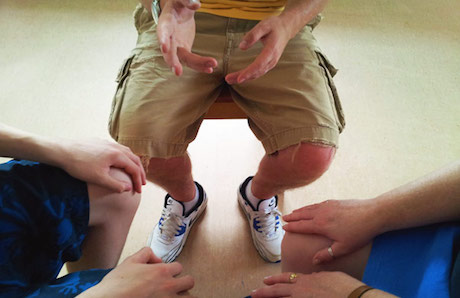Lindsey Pointer from Colorado, USA, has been awarded a Fulbright Scholarship to study restorative reintegration and rituals of re-entry in New Zealand.
“I am excited to expand my understanding of the impact of restorative practices through the opportunity to study in New Zealand, where these practices are well-established and integrated into the justice system,” she said.
Pointer says New Zealand is a global leader in restorative justice, reintegration through restorative justice mechanisms.
She says restorative justice is increasingly being used with positive impacts on recidivism and community perception of ex-inmates.
Pointer says American society uses rituals of conviction and expulsion to label deviance, but lacks rituals to signal apology, forgiveness, and reintegration into the community.
“Given the promise of this [restorative justice] model and dearth of research on its potential in the United States, this project aims to investigate the structure and effectiveness of different reintegration models, paying particular attention to ritual components that signal lifting of shame and re-acceptance into society.”
Pointer said, “Restorative practices continue to expand throughout the criminal justice system and school disciplinary arena.”
“Through these efforts, a new focus on ‘restorative reintegration’ is emerging.”
“Contrary to the retributive model, restorative reintegration creates partnerships that promote positive social interaction, support, and accountability for the offender, enabling a more successful transition.”
On Thursday, New Zealand’s Justice Minister, Amy Adams, opened a two-day conference which is looking at how restorative justice can be used to better support victims of family violence.
“Restorative justice is one of the ways to provide support to victims and reduce reoffending.
Research indicates it’s among the most cost effective justice sector interventions for reducing reoffending and improving victim outcomes,” said Adams.
“Family violence is often characterised by isolation and secrecy. The inclusion of wider family support in restorative justice allows the wider community to acknowledge the impact and support change.”
Pointer currently is the senior bilingual case coordinator at Longmont (Colorado) Community Justice Partnership, a nonprofit that provides restorative justice services to the Longmont community and schools.
Source
